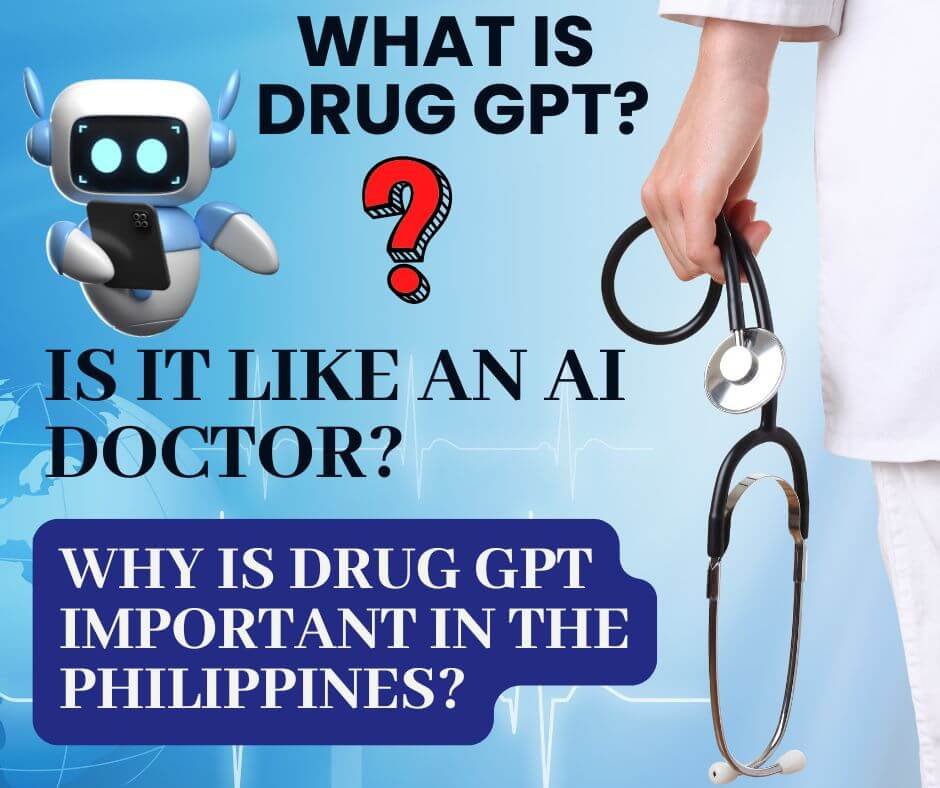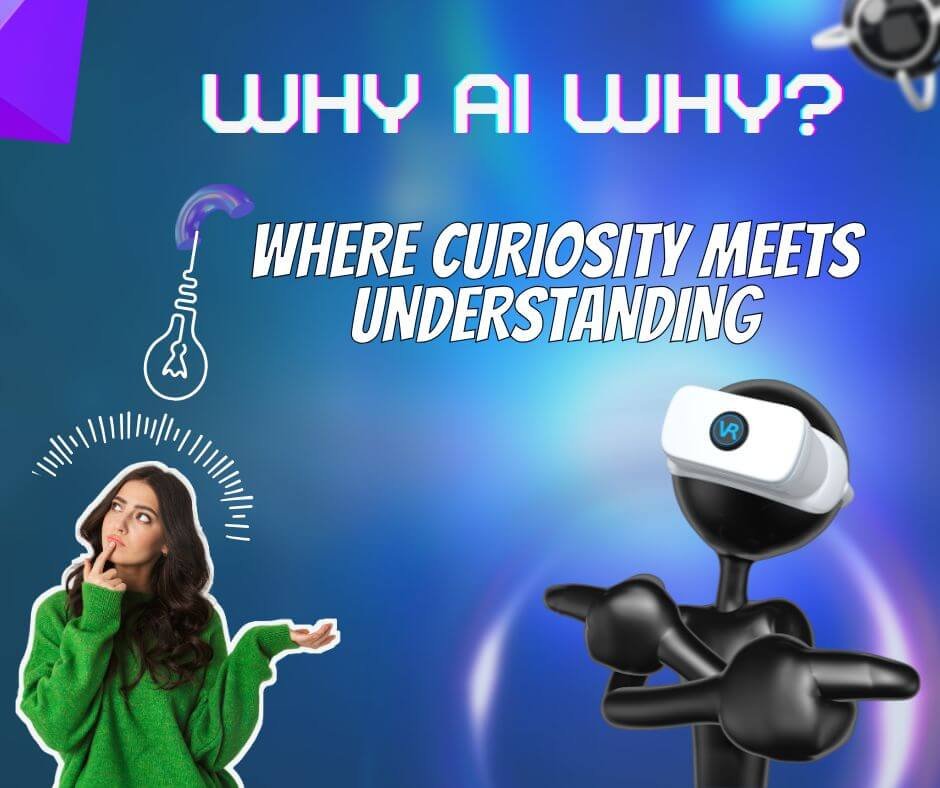What is Drug GPT? Is It Like an AI Doctor?

Drug GPT is a powerful artificial intelligence tool designed to assist in healthcare. While it’s not a real doctor, it acts like a super-smart assistant for medical professionals. It can help doctors, nurses, and pharmacists analyze medical data, suggest treatments, and even identify possible drug interactions.
In the Philippines, where access to healthcare can be challenging in rural areas, tools like Drug GPT could make healthcare faster, more accurate, and more accessible.
Why is Drug GPT Important in the Philippines?
The Philippines faces many healthcare challenges, such as limited medical staff in rural areas and the high cost of treatments. Drug GPT can help address these issues:
- Faster Medical Assistance:
In places where doctors are unavailable, Drug GPT can provide valuable information to guide healthcare workers. - Affordable Solutions:
By assisting in research, Drug GPT can help develop cheaper medicine and treatments for common illnesses in the Philippines. - Safer Prescriptions:
Drug GPT can reduce errors in prescribing medicine, ensuring patients get the right treatment and avoid harmful drug combinations.
Should You Trust Drug GPT Like a Doctor?
No, Drug GPT is not a replacement for real doctors. It’s a tool to assist medical professionals, but it has limitations. AI works based on data, and it might not always understand unique patient cases.
Here are some important things to keep in mind:
- Always Consult a Professional: Use Drug GPT as a guide, not the final answer. Let your doctor make the final call.
- Proper Use Matters: Only trained medical staff should use Drug GPT to ensure accurate results.
- AI Has Limits: Drug GPT doesn’t have human judgment, empathy, or the ability to consider all factors in a patient’s health.
The Future of Drug GPT in the Philippines
Drug GPT is a promising tool that could improve healthcare services in the country. With proper use, it can help underserved areas and enhance the efficiency of medical workers. However, it’s essential to use AI tools responsibly to ensure patient safety.
Sources:
- “Artificial Intelligence in Medicine,” WHO
- “Healthcare Challenges in the Philippines,” DOH
- “AI and the Future of Pharmacy,” Philippine Medical Association



